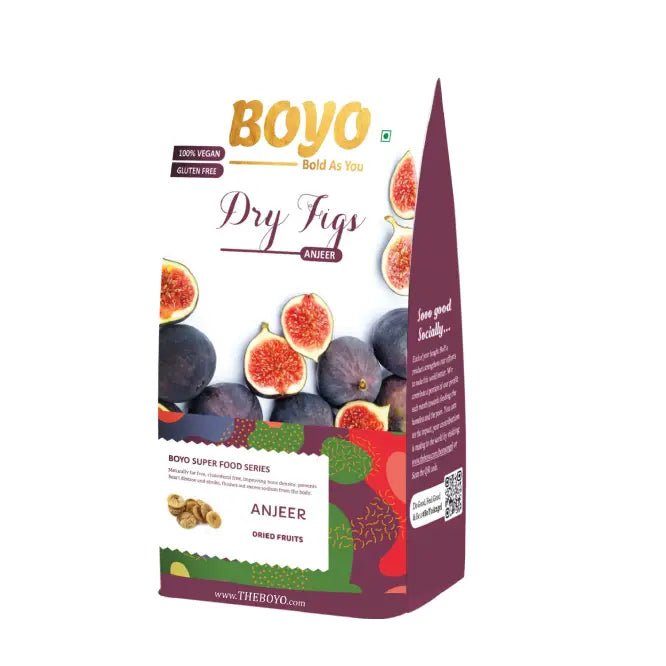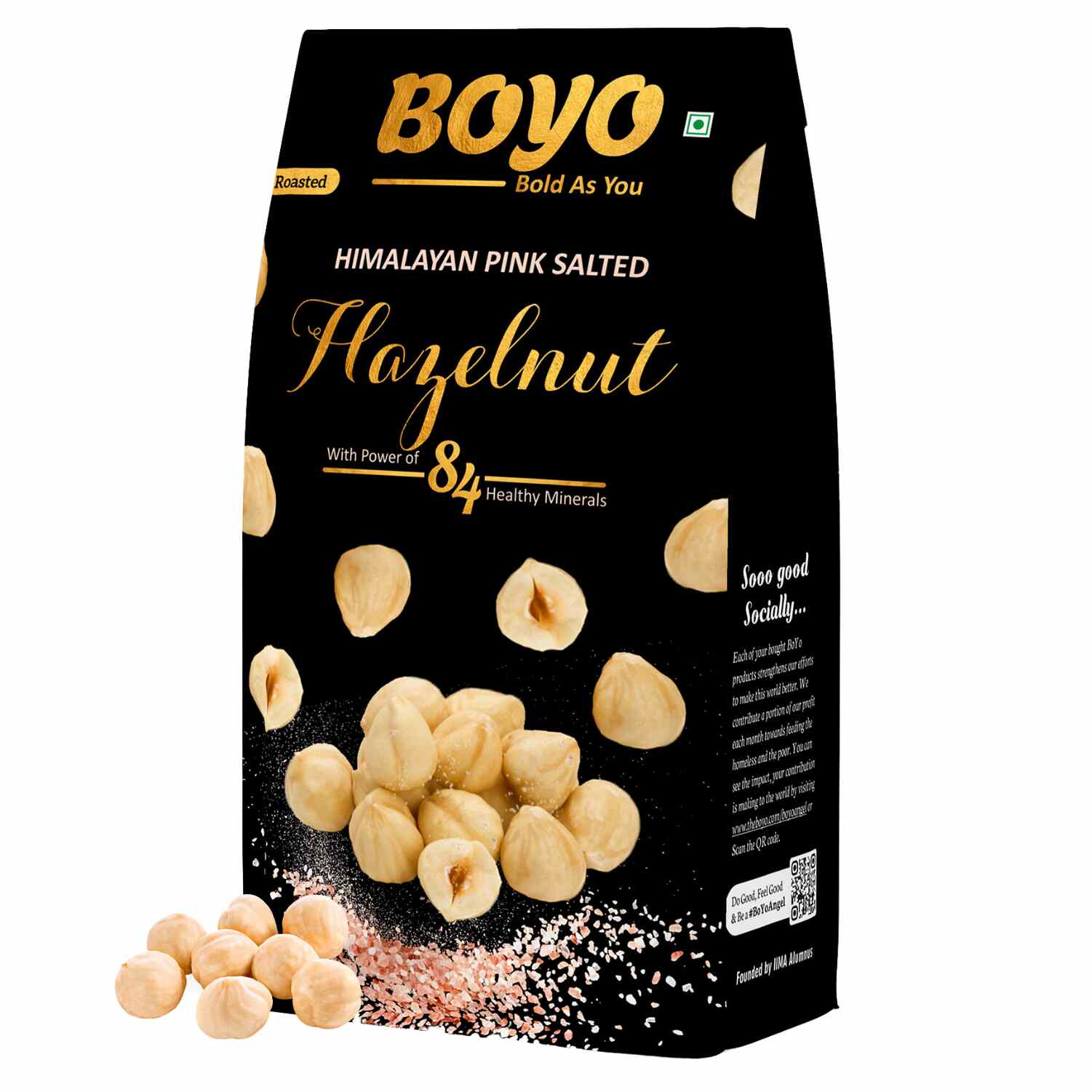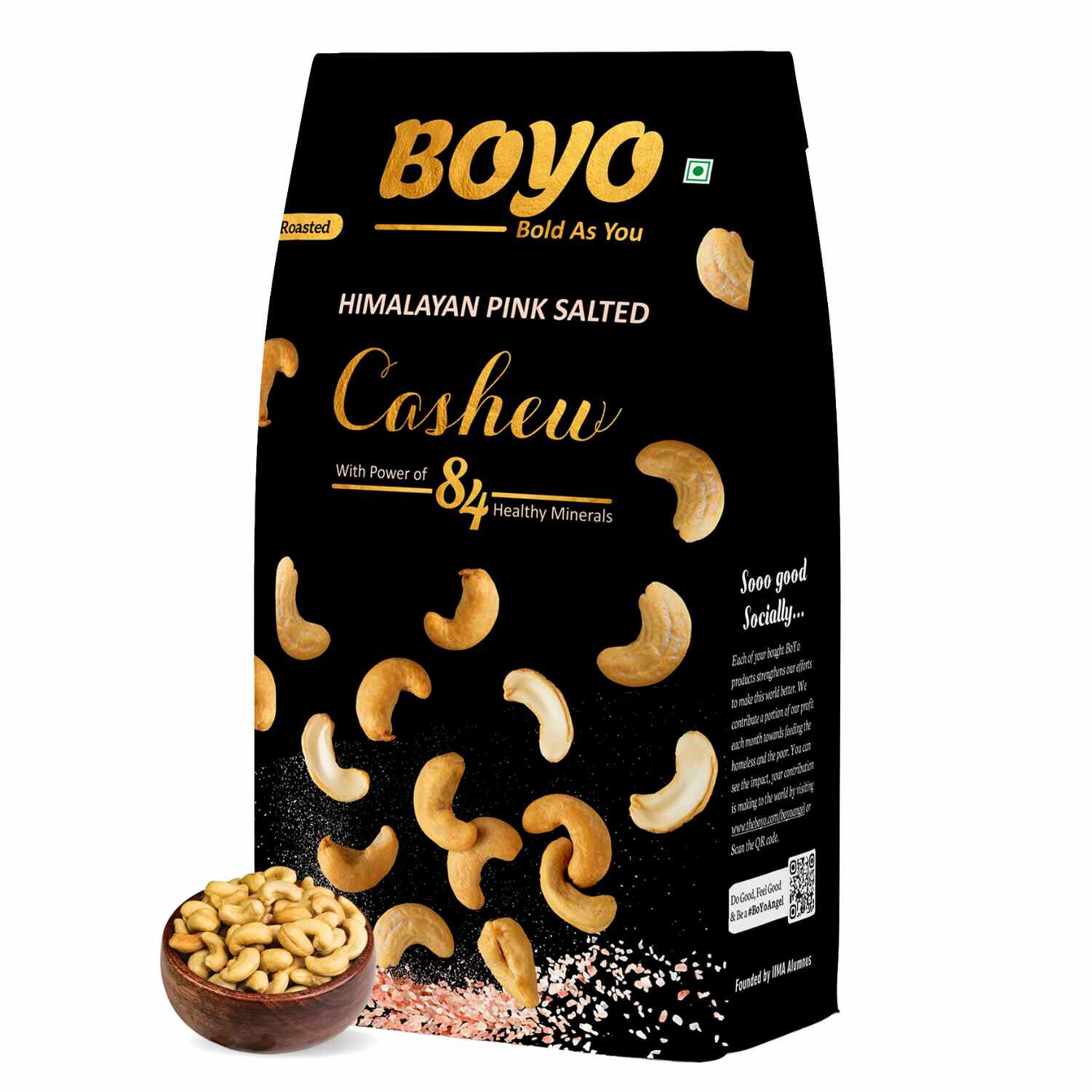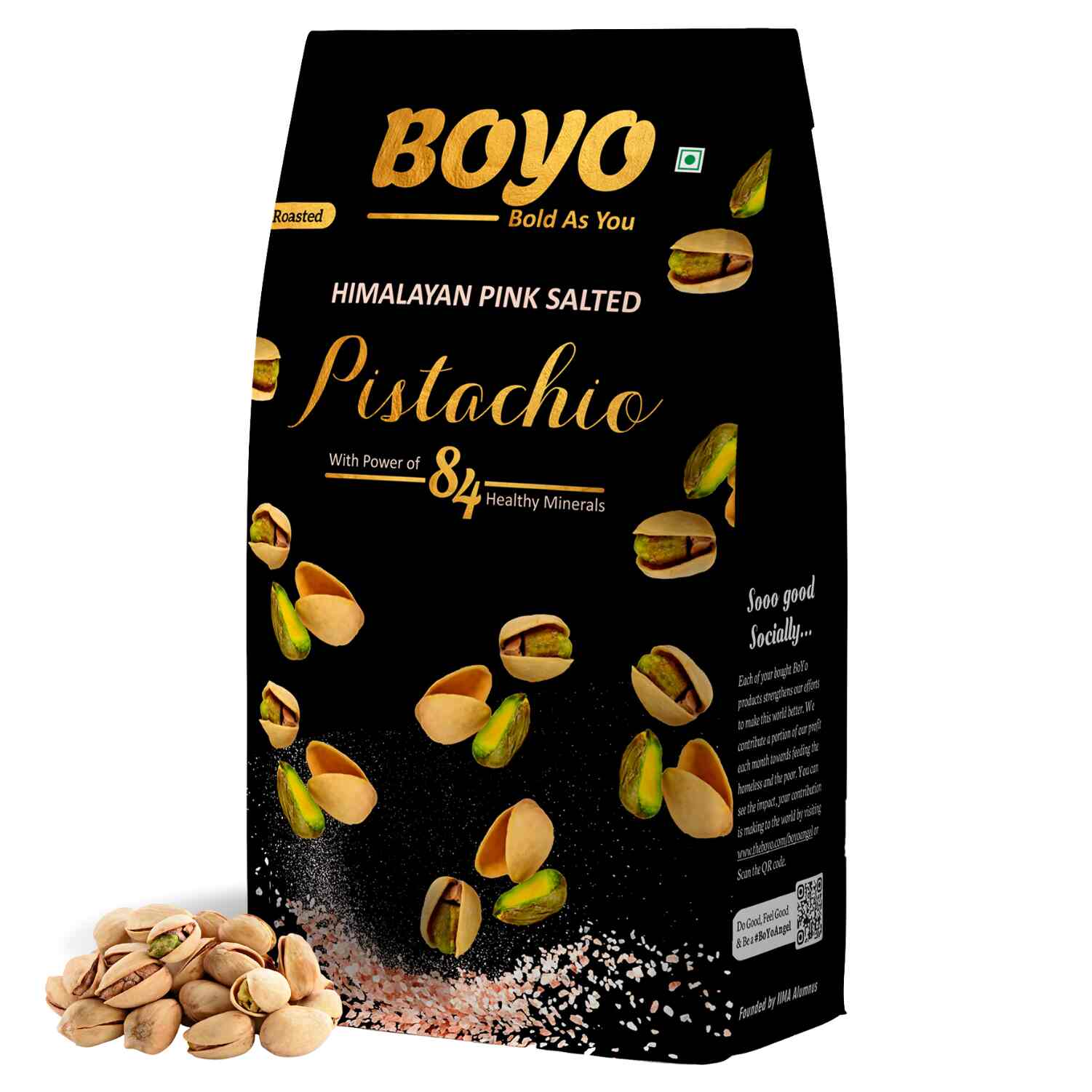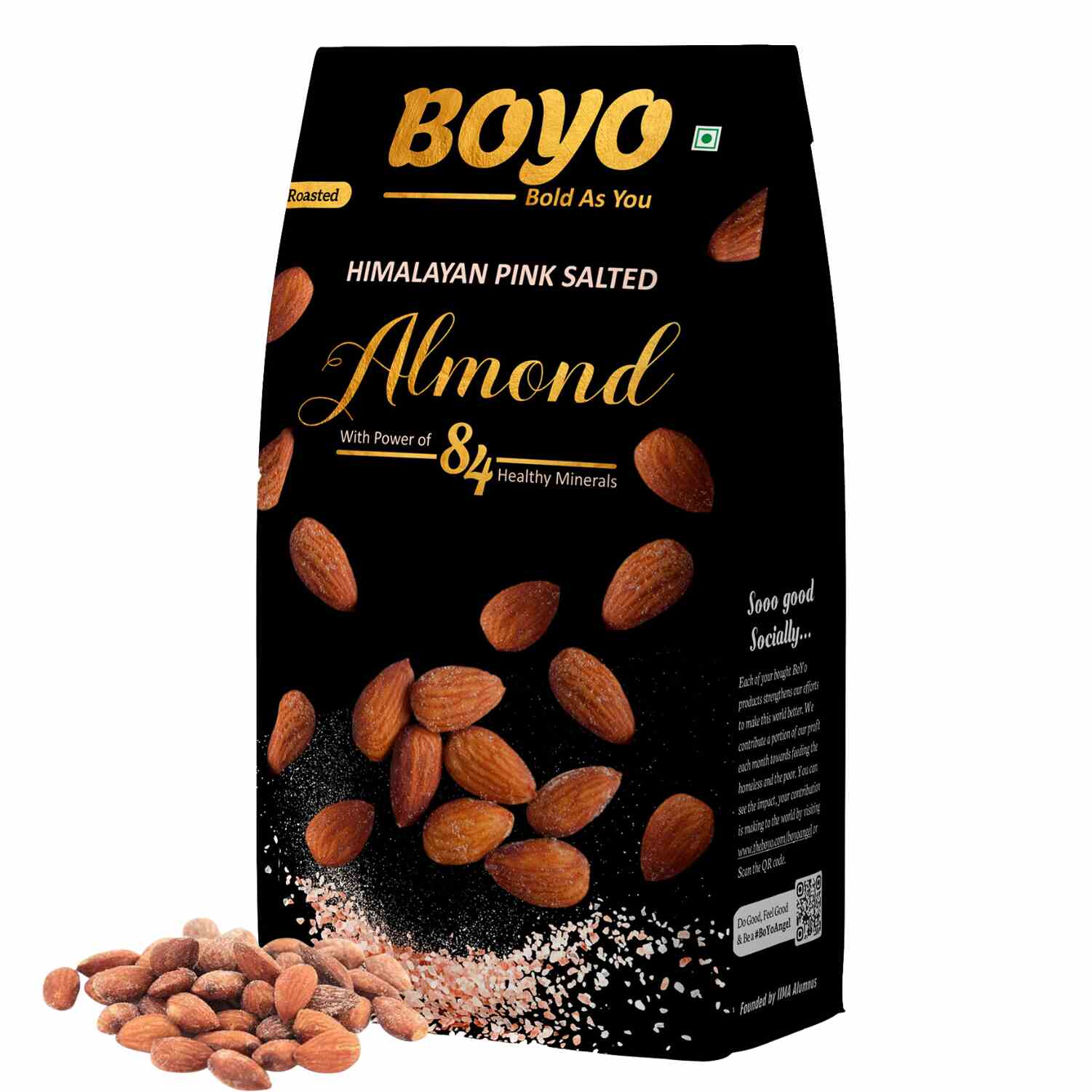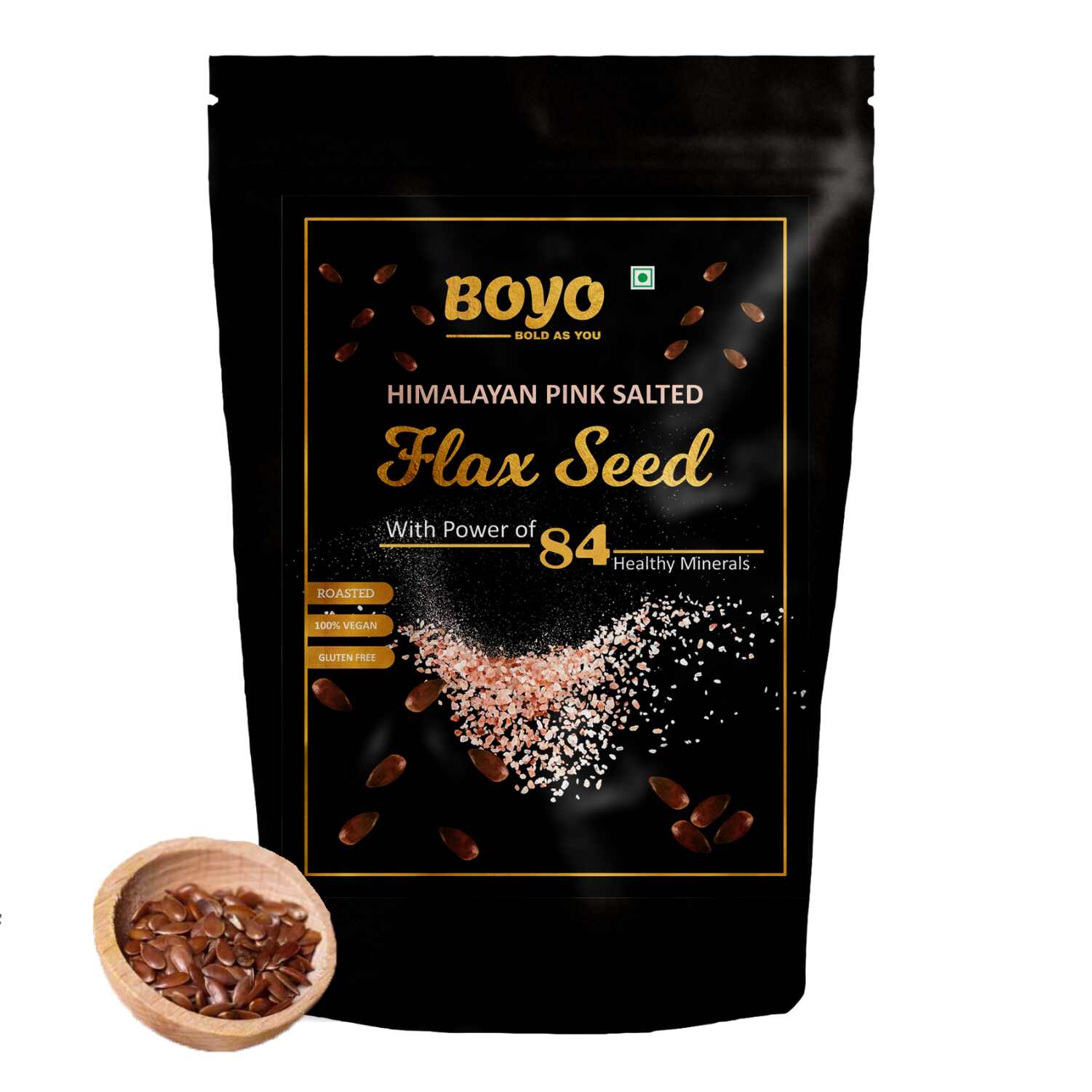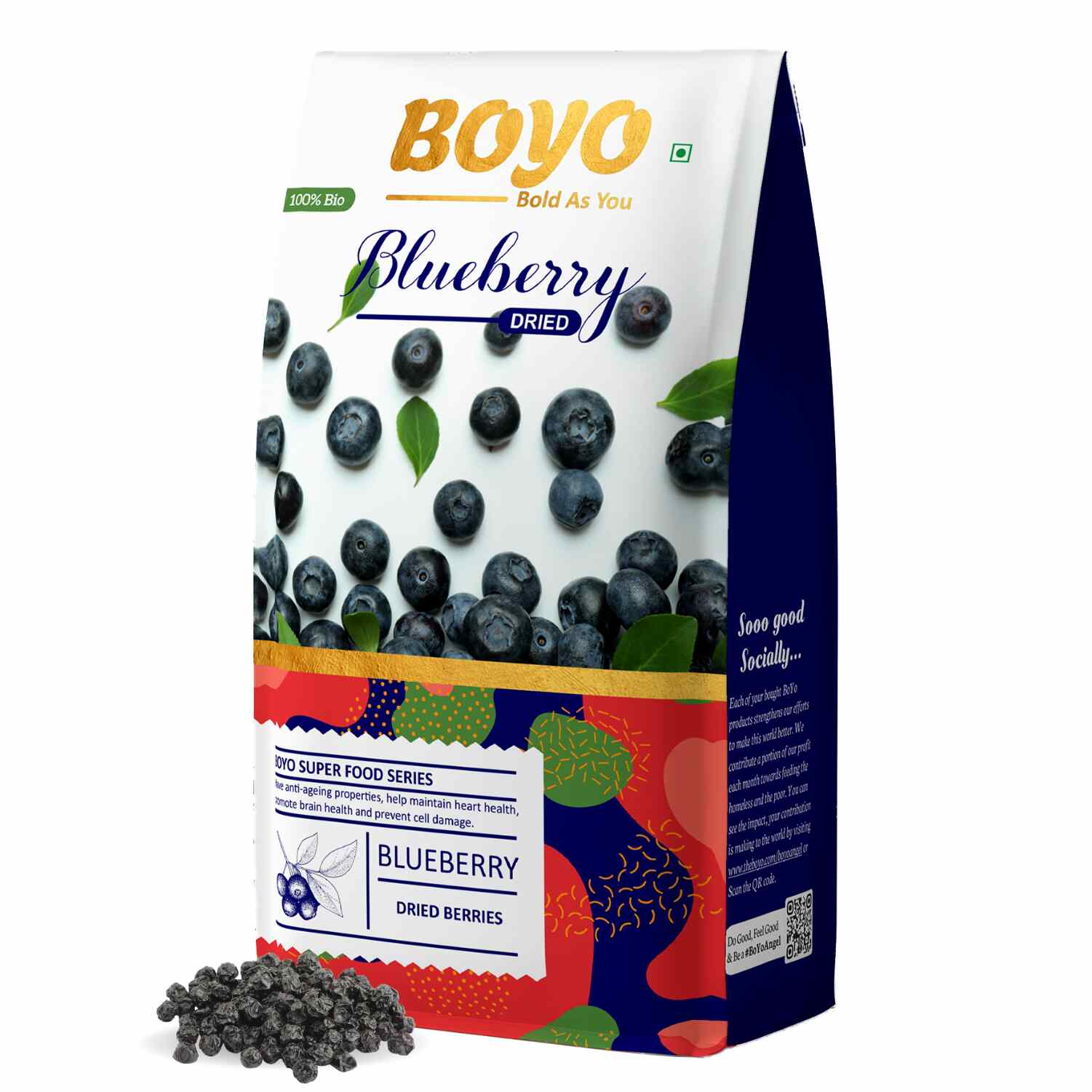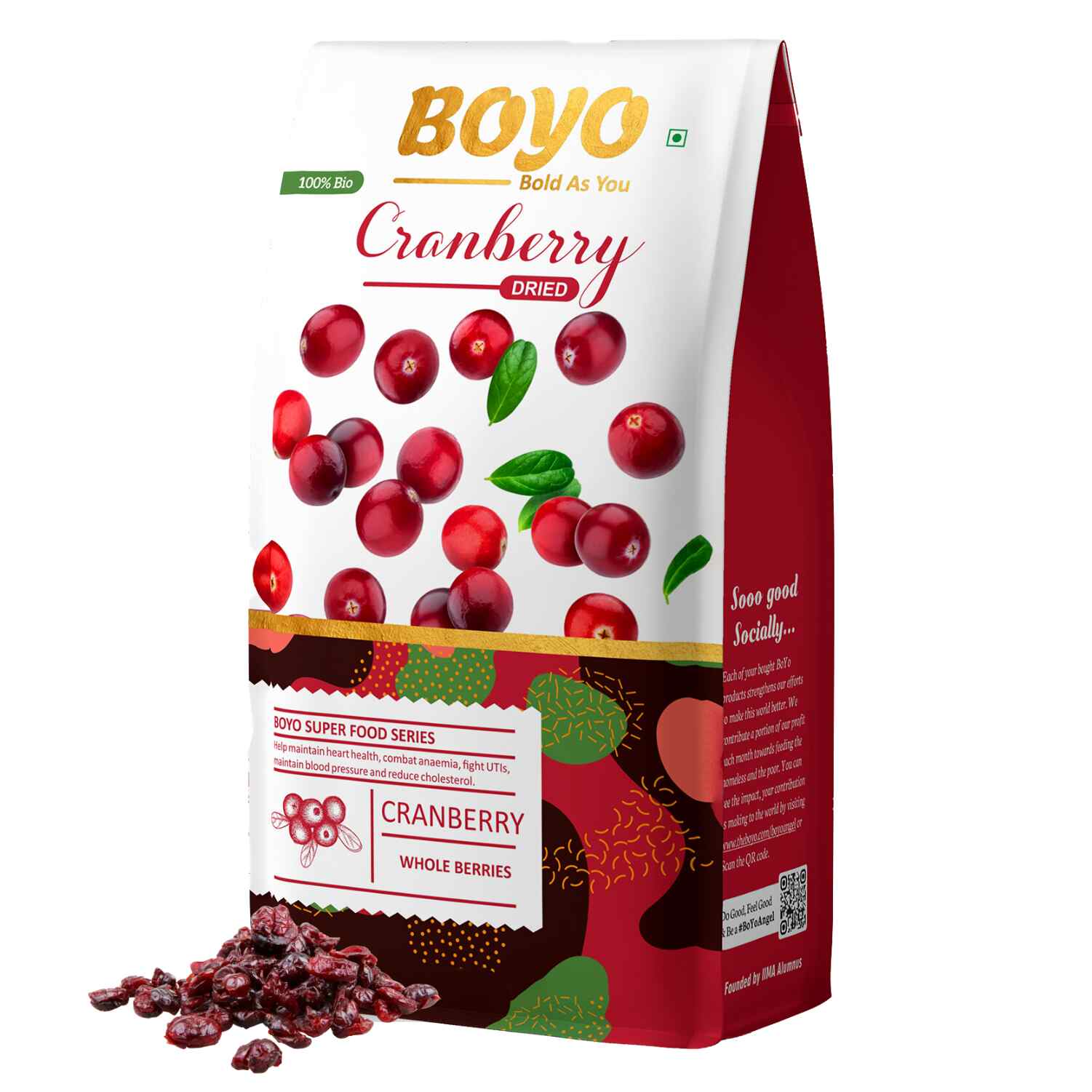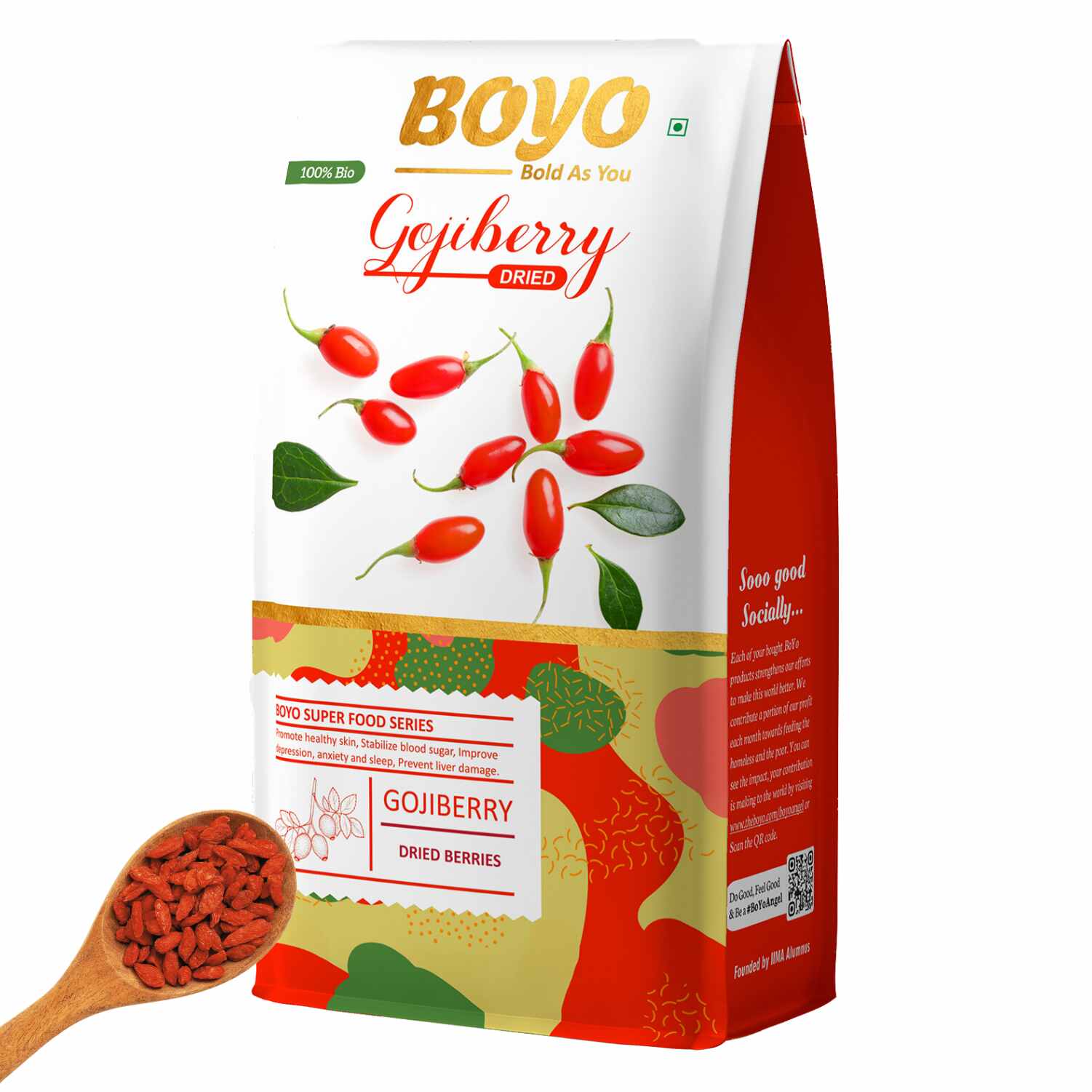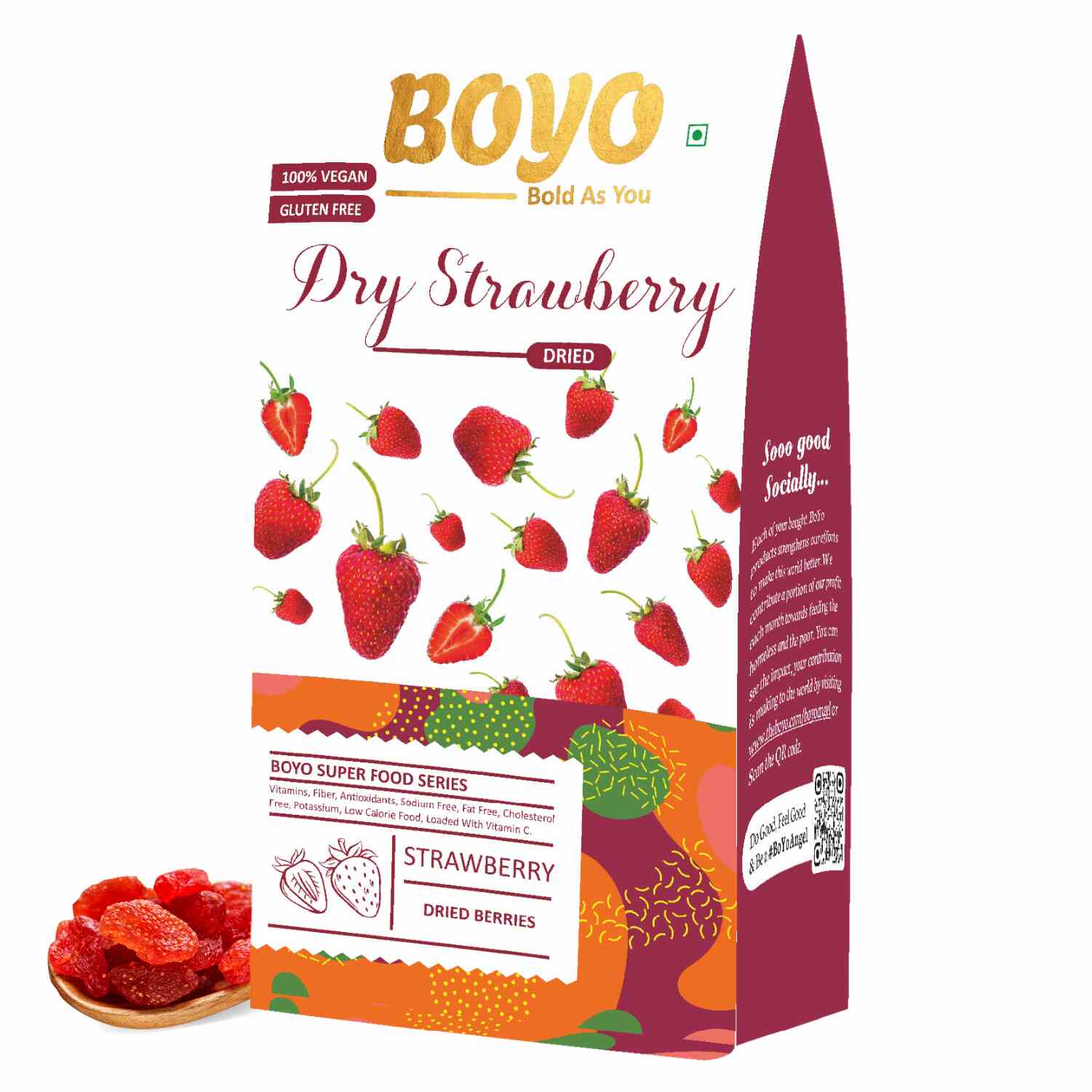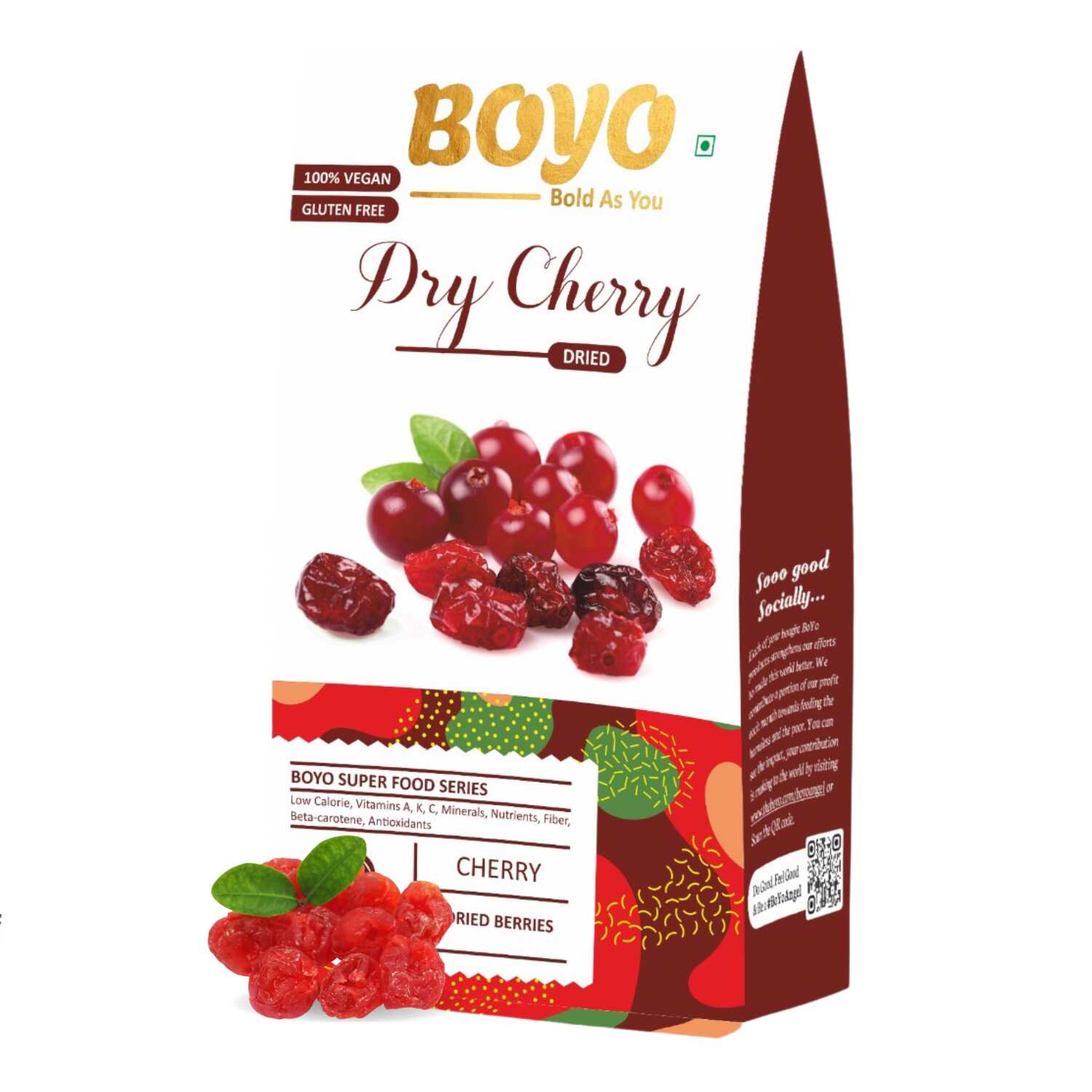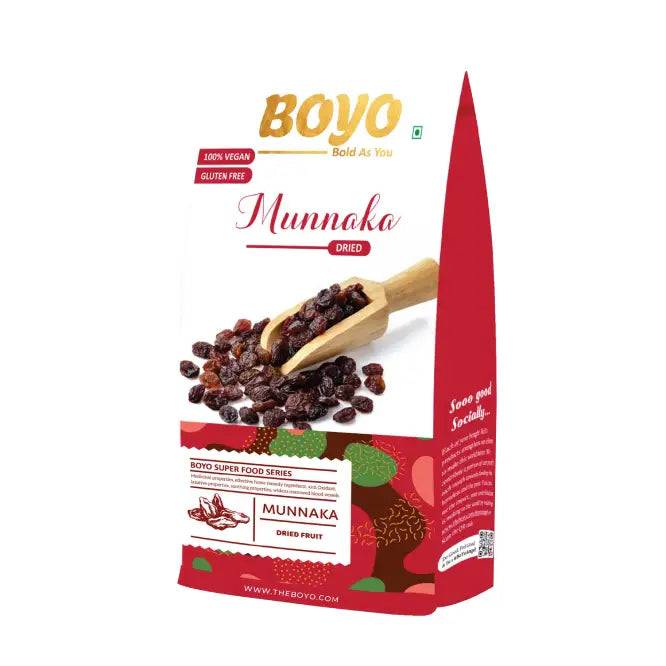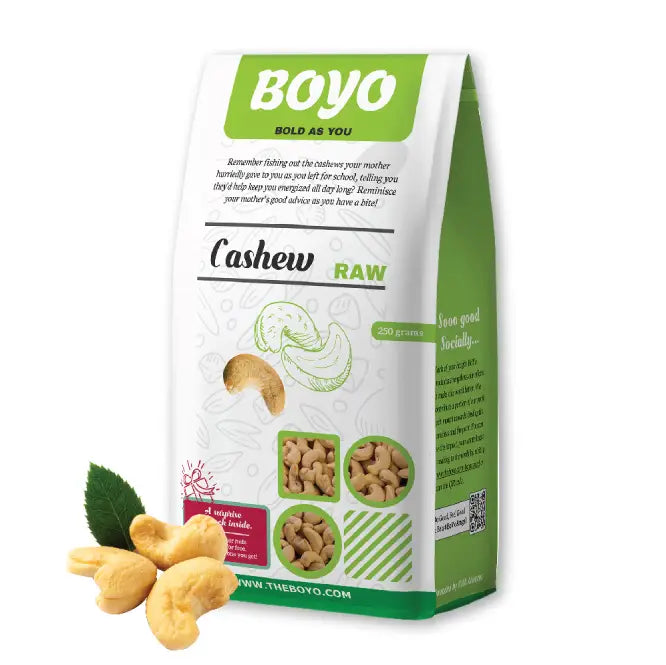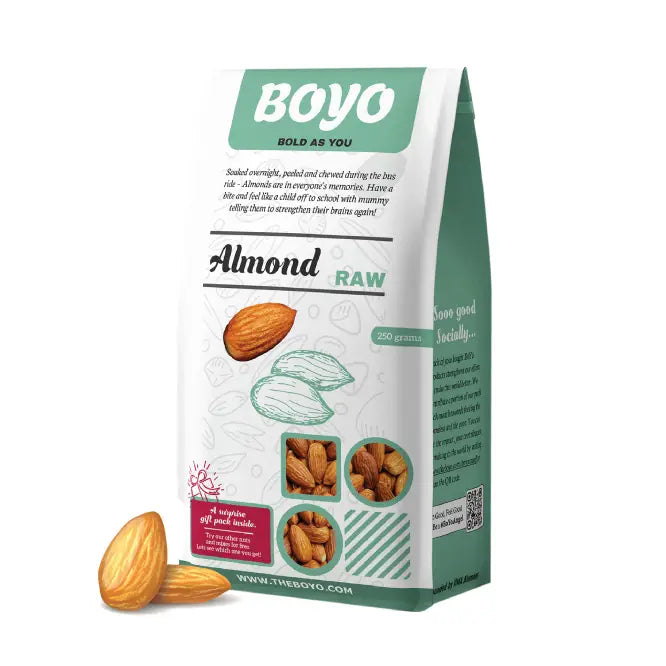Dried Fig
Savor the delectable taste of Anjeer (figs), a luscious treat that captivates the palate with its unique flavor. Known for their sweet and slightly nutty taste, Anjeer adds a delightful touch to both sweet and savory dishes. These succulent figs are a versatile and nutritious snack, offering a burst of natural sweetness. Elevate your culinary experience with the exquisite taste of Anjeer, a wholesome choice that combines flavor and health in every bite.
HEALTH BENEFITS: Anjeer/figs are rich in beneficial nutrients including vitamin A, vitamin B1, vitamin B2 calcium, iron, phosphorus, sodium, and chlorine. Helps in weight loss and lowers cholesterol
SPECIALTY: 100% natural dried Figs. No artificial flavor; No preservatives.
STORAGE: Store in a cool, dry place in an airtight container and preferably refrigerate after opening
HOW TO EAT: The dried Anjeer/figs are to be consumed after soaking it in water or milk and it is a known Indian tradition
FAQ
1. Is anjeer soaked in water?
Yes, it's common to soak anjeer, especially if they are
dried. Soaking can enhance their texture, making them softer and more palatable. It also helps rehydrate the figs.
2. What is the best way to take anjeer?
Anjeer can be enjoyed in various ways. You can eat them dried as a healthy snack or add them to salads, oatmeal, or yogurt. They can also be included in recipes for desserts, smoothies, or as a topping for breakfast items.
3. Can diabetics eat figs?
Figs can be included in a diabetic diet in moderation. While they contain
natural sugars, they also offer fiber, which can help manage blood sugar levels. However, individuals with diabetes should monitor their overall carbohydrate intake, including that from figs.
4. Is Anjeer good for weight loss or gain?
Anjeer can be beneficial for both weight loss and weight gain, depending on how they are incorporated into the diet. While they are calorie-dense, they also provide essential nutrients. Controlled portions are key for those looking to manage their weight.
5. Which vitamin is in Anjeer?
Anjeer, or figs, contain various vitamins, and one prominent vitamin is vitamin K. Vitamin K is crucial for blood clotting and bone health. Additionally, figs provide other essential vitamins and minerals, including vitamin A, vitamin B6, niacin, riboflavin, folate, vitamin C, calcium, potassium, magnesium, and phosphorus.
